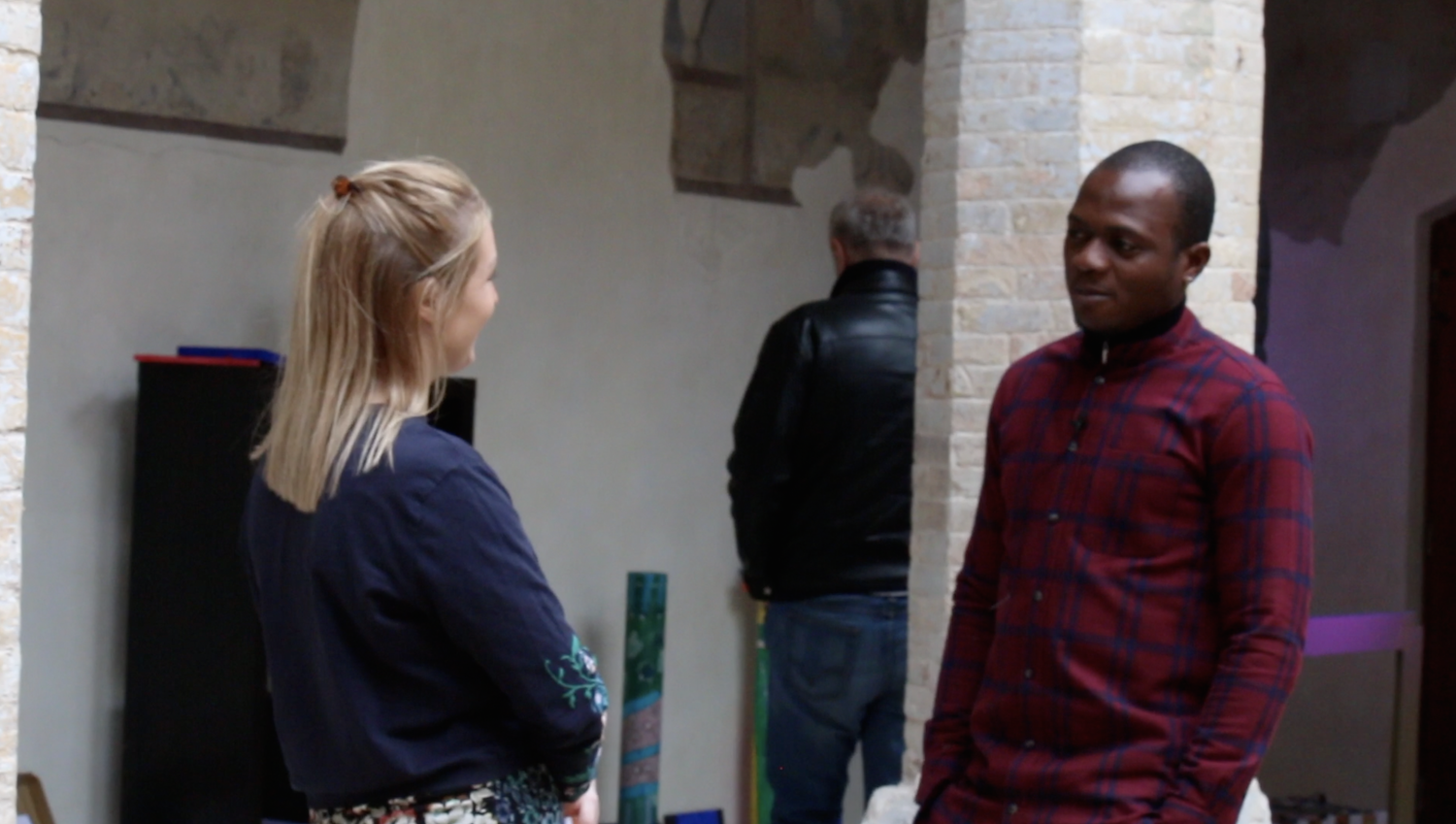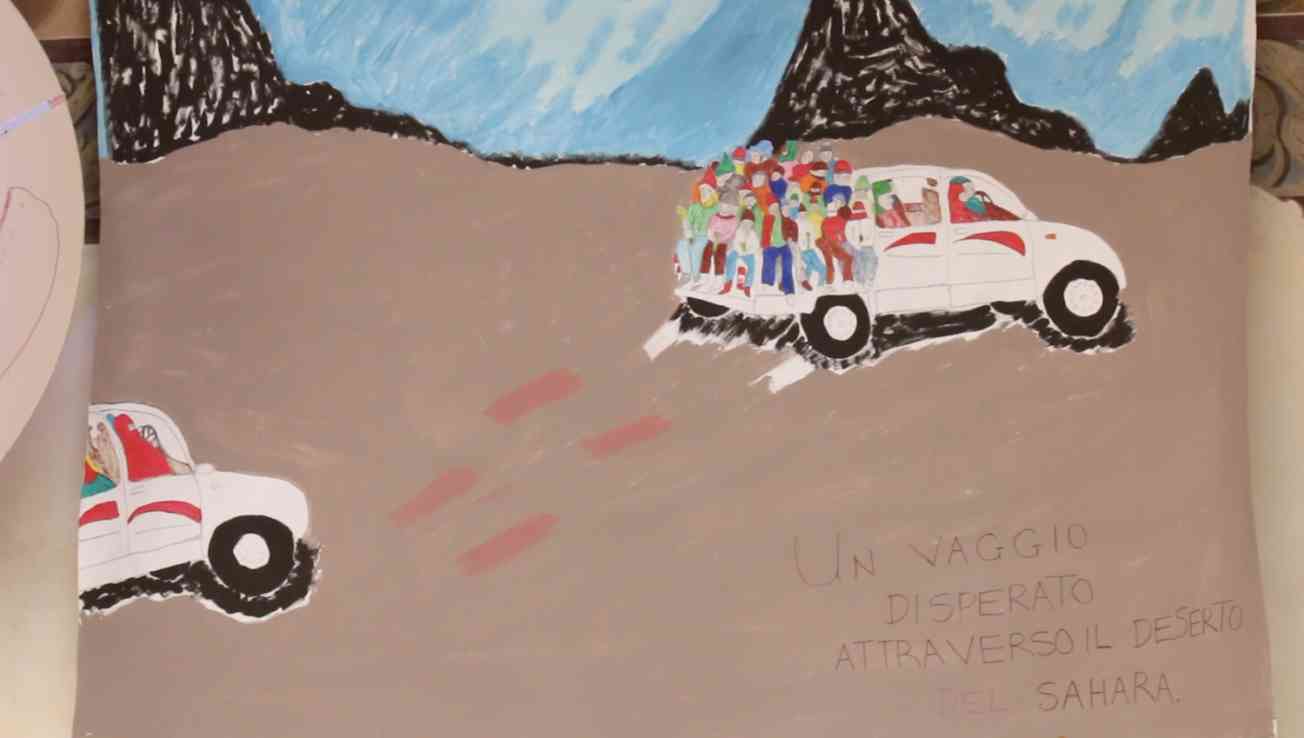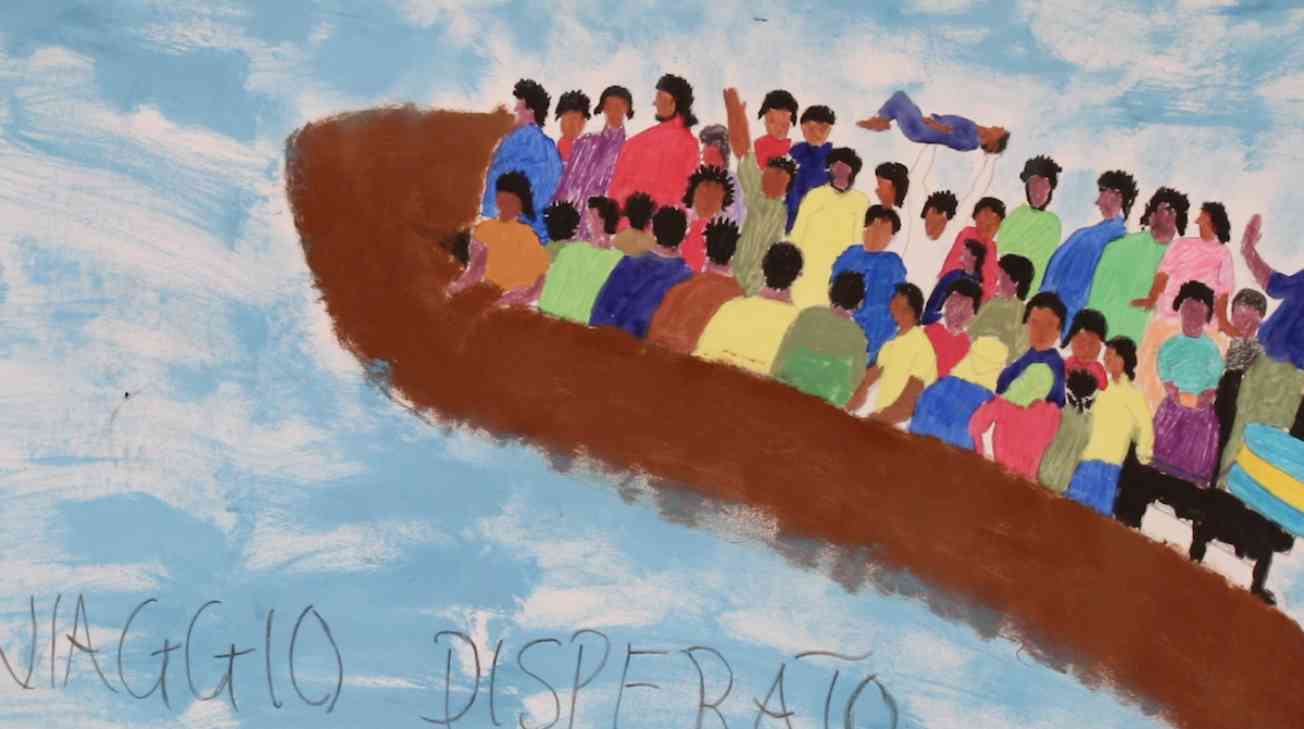Coming to Know Refugees

Written by Phoebe Wood
It’s hard to pinpoint when I became aware of what the term refugee really means. Growing up in London in the 90s, the word was thrown about frequently. There were the weekly charity collections at school, the adverts popping up on television everyday urging you to give your spare cash. I understood I had a duty to donate time, money, whatever I could to the cause. I had it drilled into me that I had to help the less fortunate. But it was impossible to put myself in their shoes because I didn’t know who they were.
Over the years, I began to learn. I became more active in my community, volunteering in my local soup kitchen as a teenager, where I found myself getting to know all sorts of people who were struggling to get by in the city. People who had come from near and far, who thought that being in a capital like London would mean wealth, prosperity and success. Some of them had come from Eastern Europe, while others had come from further afield in Africa.
I had so many questions… Why would someone leave their country, travel this far, only to end up homeless?
It then dawned on me that some of these people had been forced to leave their homes because of war, terrorism and other atrocities. Atrocities that my own country was perhaps contributing to. I felt an urge to help people and set off on a series of volunteer trips abroad.
I thank my travels for opening my mind and helping me to better understand other people’s circumstances. I have met countless inspiring individuals along the way. Pursuing a career in journalism has also pushed me to seek out stories and learn as much as I can about the world and its changing circumstances. Over the past few years, and now based in Paris, I’ve found that my work has centered heavily on Europe’s migrant crisis.

Last year I traveled to a small medieval town close to Rome to meet with some of the refugees who have ended up in Italy. Just spending an afternoon or two getting to know them was undeniably fascinating. Here was a group of people, all strangers, thrown into an entirely abstract situation and being told to make it work. Though many of them were from the African continent, they had a whole range of mother tongues and were all trying to speed-learn Italian in order to have a mutual language.

It’s hard to begin to explain how inspiring this collective action was. All I can say is that it made me yearn for a greater acceptance in the world, and particularly in Europe right now, so that refugees like those I met can feel welcome in their new homes.
Nowadays, I may have a far better understanding of what it means to be a refugee, but I will never stop learning. And that is why I sought to get involved with TSOS; to keep on learning, and to help others learn.
Official Statement on the Detention of Refugees and Ongoing Community Violence
With another death in Minnesota and continued violence toward individuals and groups standing up for their communities, we acknowledge the profound fear and uncertainty people are feeling--not just locally, but across the country.
On top of this, there are reports that refugees invited and admitted to our country through the U.S. Refugee Admission Program are now being detained, meaning that our new friends and neighbors feel that fear most acutely.
Refugees have already fled violence and persecution once. They came here legally, seeking safety. In moments like these, we reaffirm our commitment to building communities where refugees and immigrants can live without fear. Where they can go to work, send their children to school, and build lives of dignity and belonging.
We call for due process, accountability, and humanity in all immigration enforcement operations. We call upon our leaders to demand the demilitarization of our neighborhoods and cities. And we call on all of us to continue the work of welcoming and protecting those who have been forcibly displaced from their homes.